Note: This article was first published in the November 6 print edition of the University Times. In that edition, it was written that the outcome of the presidential election may not be determined until days after election night. At 2:35 a.m. EST, the Associated Press called the presidential race for Donald Trump.
As Cal State LA students, faculty and community members lined up at the official voting center in the University-Student Union this week, the anxiety and uncertainty that has defined the 2024 election was on full display.
Andy Ayala, a third-year aviation administration major and first-time voter, felt the pressure as he waited in line on Monday, considering the weight of what his vote could mean.
“Even though I’m just one person, making that vote for a certain person can eventually change America,” said Ayala. “And that made me a little nervous.”
To say this election season has been unprecedented would be an understatement. The presidential race between Vice President Kamala Harris and former President Donald Trump is perhaps the most contentious election in modern U.S. history.
A historic season marked by unprecedented events that would define past elections on their own, all within the span of one year — a surprise drop-out from the race by President Joe Biden, two attempted assassinations on Trump, Republican-led conspiracy theories of Haitian immigrants eating pets in Ohio, and numerous appearances from both candidates on podcasts and live streams with influencers in order to appeal to young voters.
In national polling, Harris and Trump are almost neck-in-neck, with Harris at around 48% to Trump at 47%, according to FiveThirtyEight.
Both campaigns set their sights on seven key battleground states — Arizona, Georgia, Michigan, North Carolina, Nevada, Pennsylvania and Wisconsin — in order to shore up support from remaining undecided voters and secure every last vote.
Child development major Annissa Greene cast her vote for Harris. Greene said she believes Harris is qualified for the presidency due to her track record on foreign affairs and her trustworthiness.
“It would be good to have a woman in, especially a woman of color, that will do all the things that she promised to do for us,” she said.
Other voters, like finance and law major Luis, were swayed to vote for Trump. Luis, who chose not to give his last name for fear of others “not aligning with his political reasons,” explained that he selected Trump for his patriotism and “dedication to the country.”
“No matter what your political stance is, I feel Trump cares about Americans, and he cares about his country,” said Luis. “He wants to fight for you, even if you don’t like the guy, and I love that.”
Some voters opted to vote for third-party candidates. Dr. James Thomas, a Cal State LA lecturer in Pan-African Studies, chose Cornell West for president in part due to his Vice-Presidential candidate and department colleague Melina Abdullah.
“I know that she’s going to represent the people, and the same is true for Cornell West,” said Thomas. “We need people who are going to be truthful. We need people who are going to be transparent and we need folks who are not afraid to do what they say.”
Trump continued to repeat false claims of widespread voter fraud throughout the week, writing on Truth Social of “massive cheating” in Pennsylvania on Tuesday. Law enforcement and election officials pushed back and debunked his claims. For weeks, election officials and experts have worried about Trump’s efforts to challenge the results of the election.
These fears were also echoed by voters at the voting center, many of whom were not confident that there would be a peaceful transition of power.
“I don’t think it even matters which president won,” said Luis. “There’s going to be some unrest. We’ve seen that the National Guard is outside in certain places, getting ready for possible civil unrest.”
Greene shared similar concerns, saying that a Harris victory wouldn’t have a peaceful transition due to Trump’s negative rhetoric towards his opponent, citing the Jan. 6 attack on the Capitol in 2021.
“He’s made threats that, if he doesn’t win, it’s going to be a problem,” she said.
As of Tuesday night, the results in the seven swing states were either slowly pouring in or too close to call. Election officials said that the outcome of the race may not be determined for a few days while states continue to count all votes.

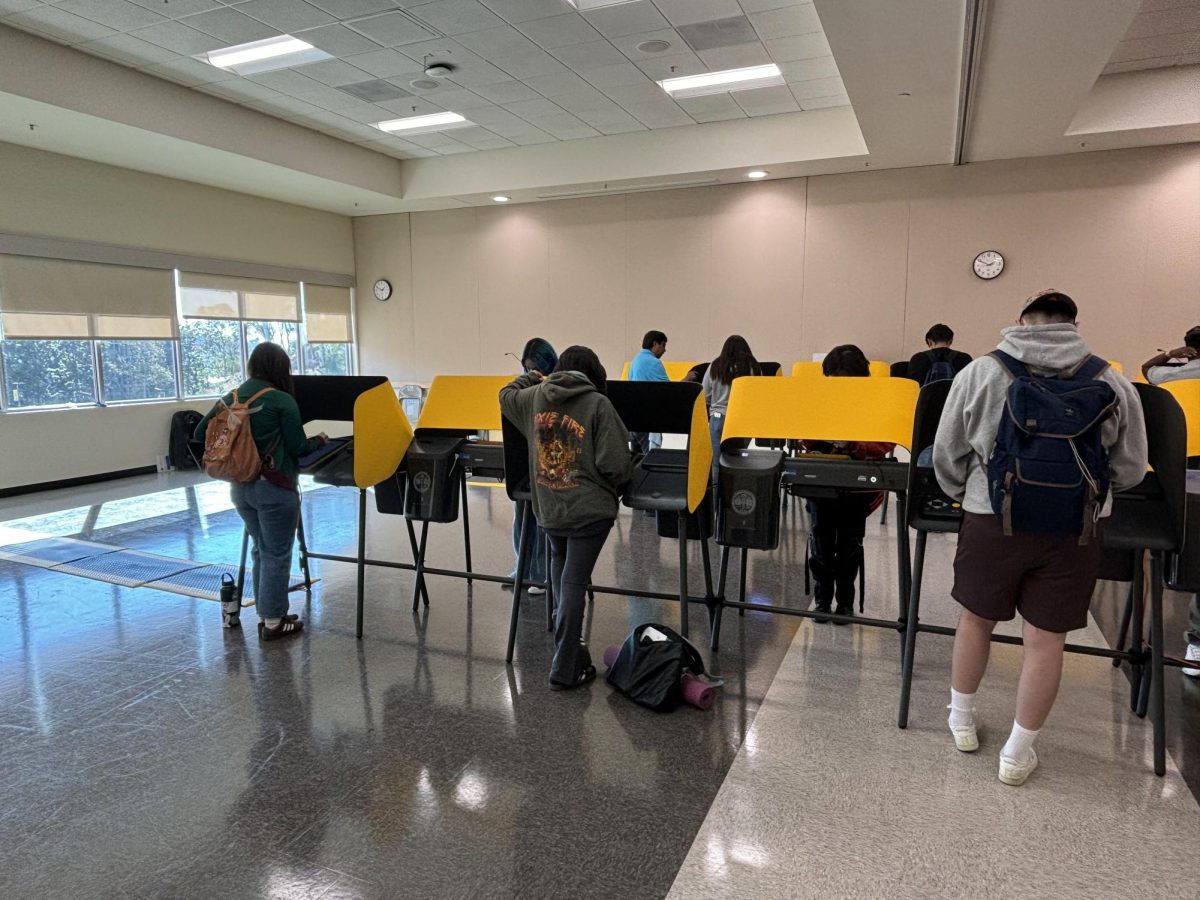
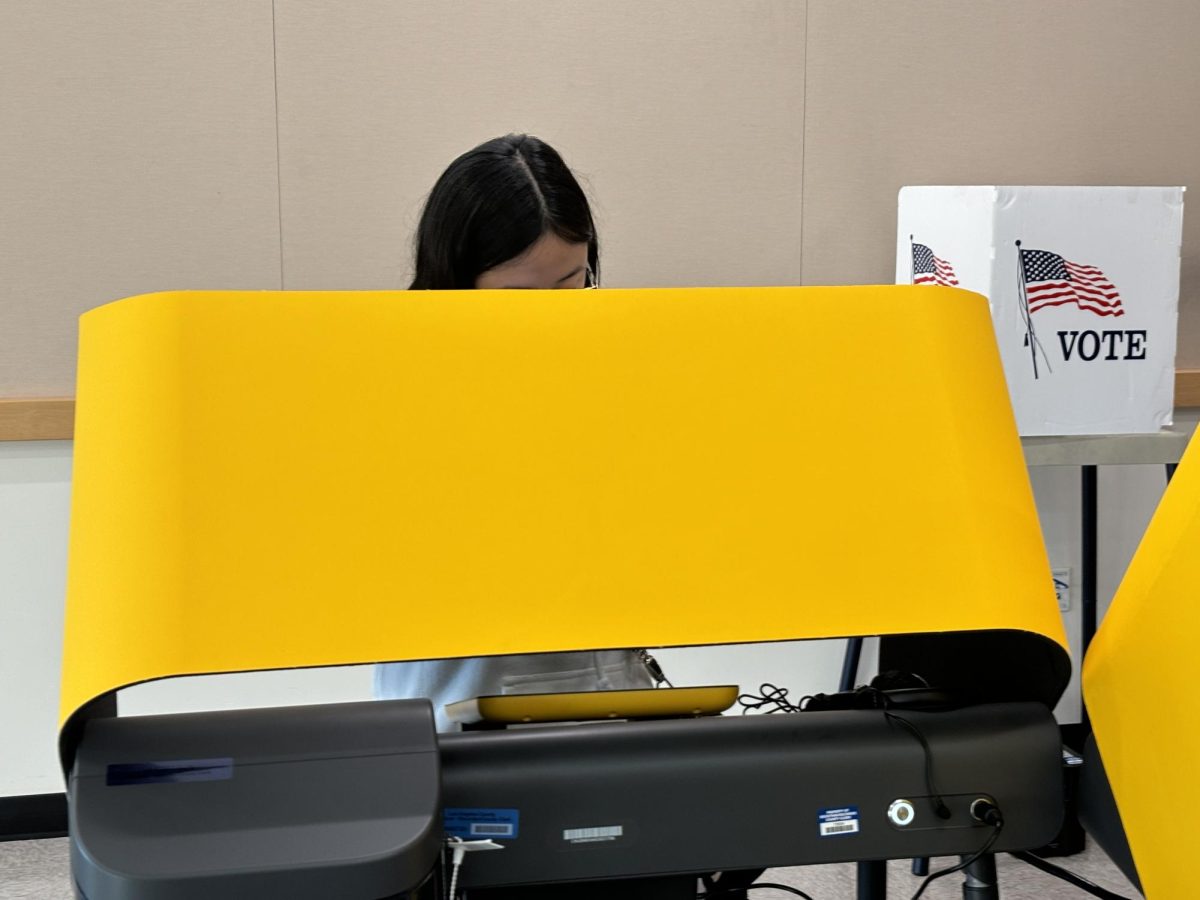
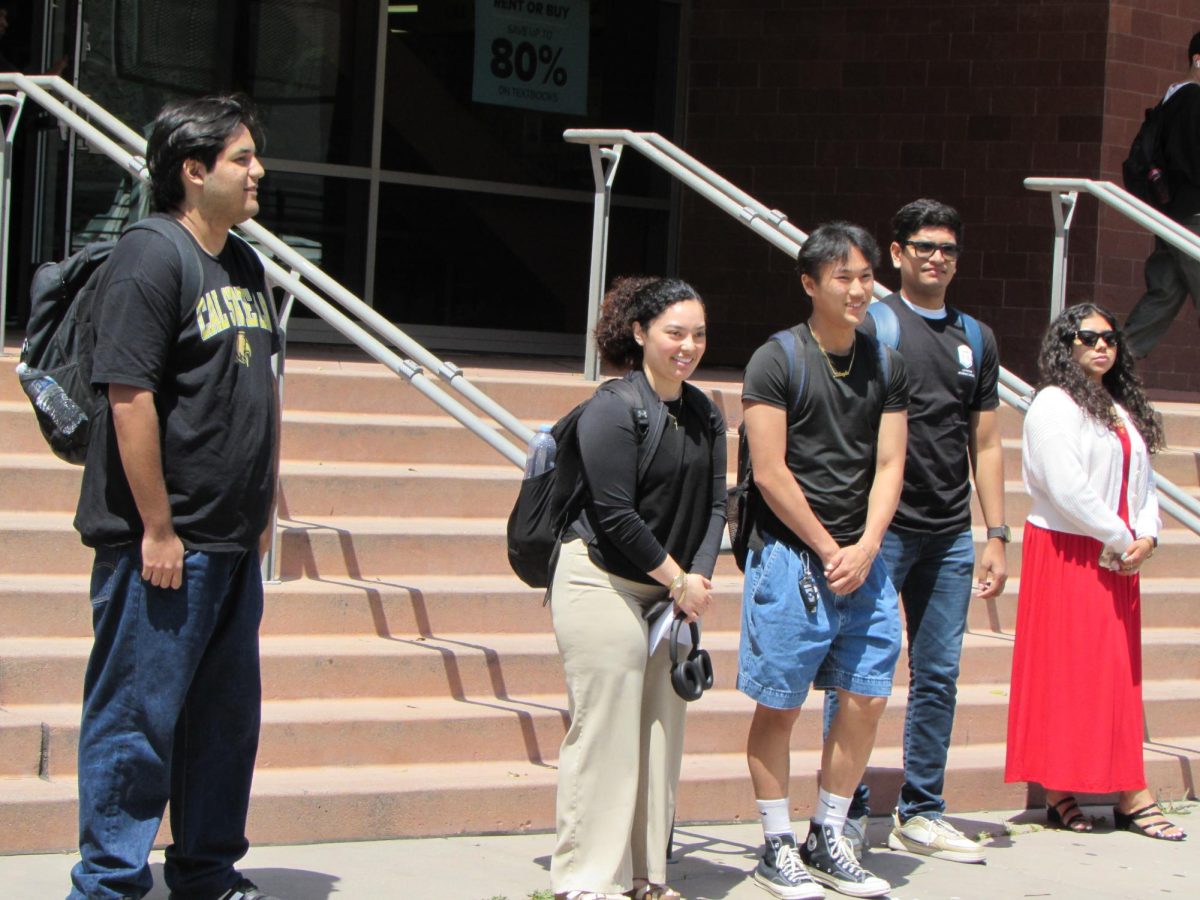
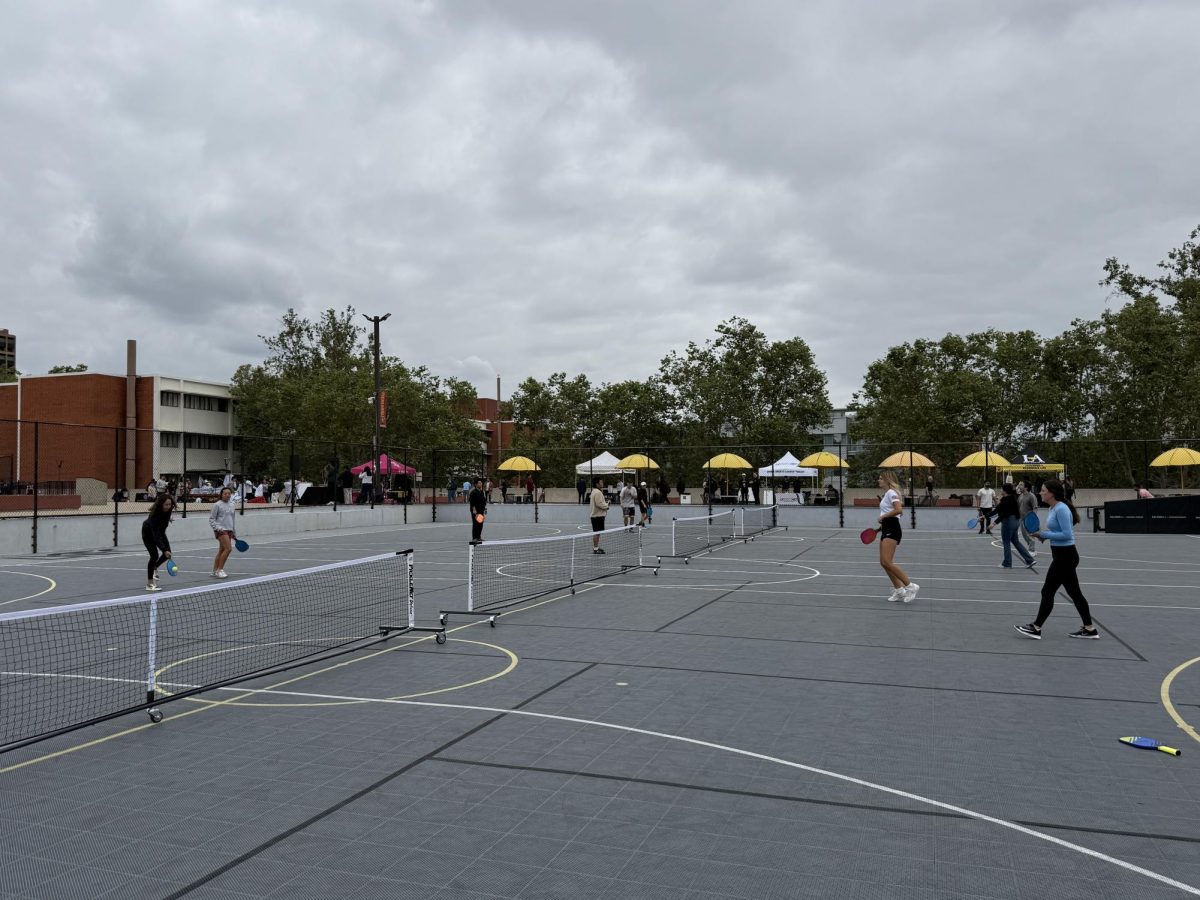
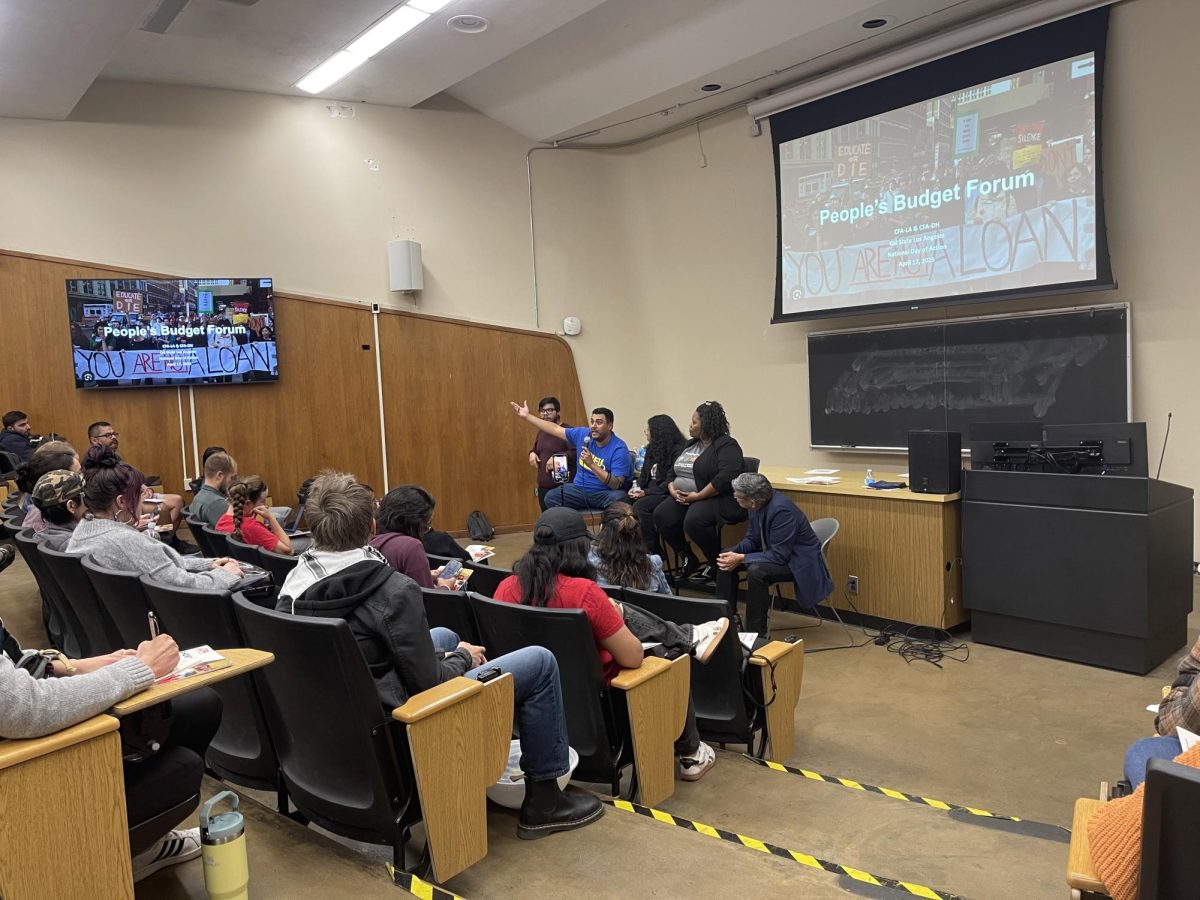
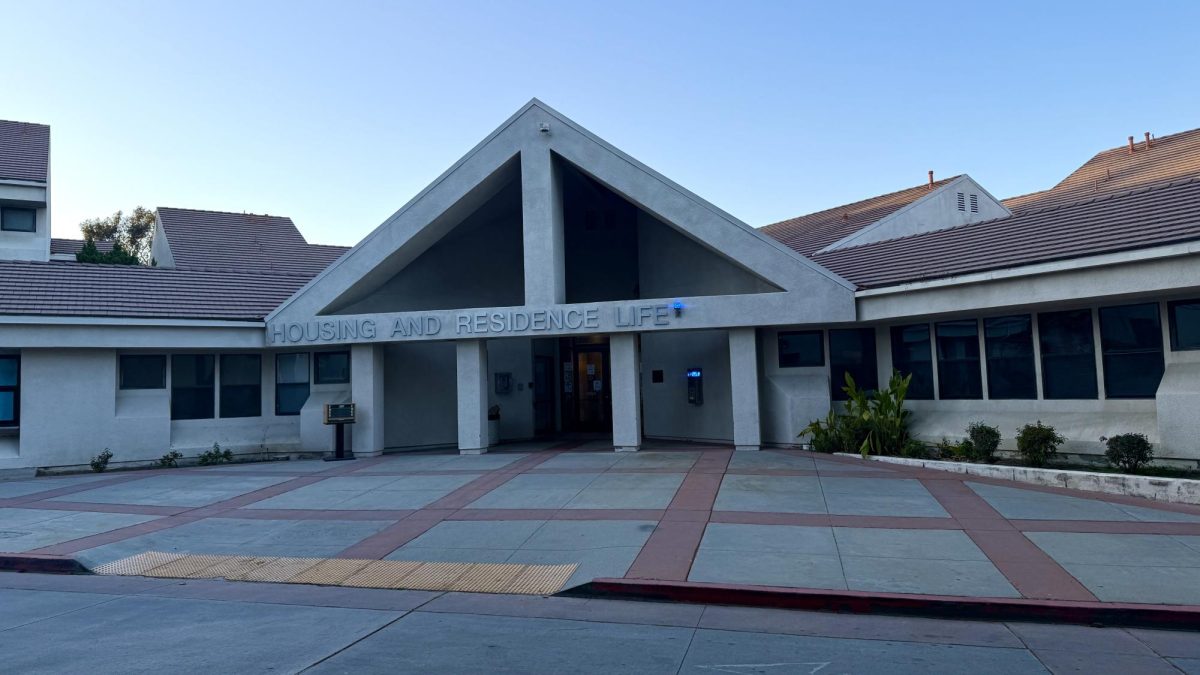
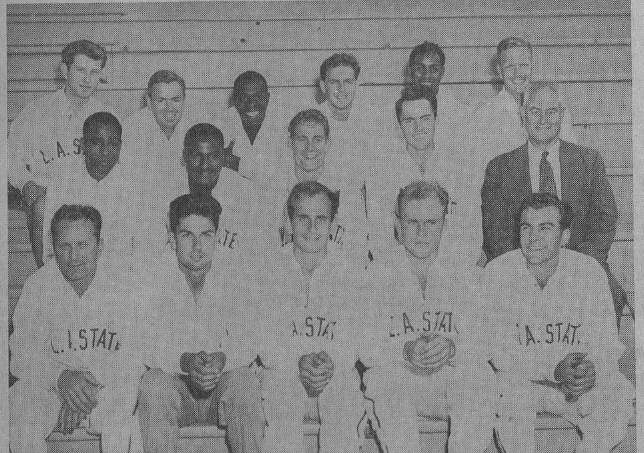



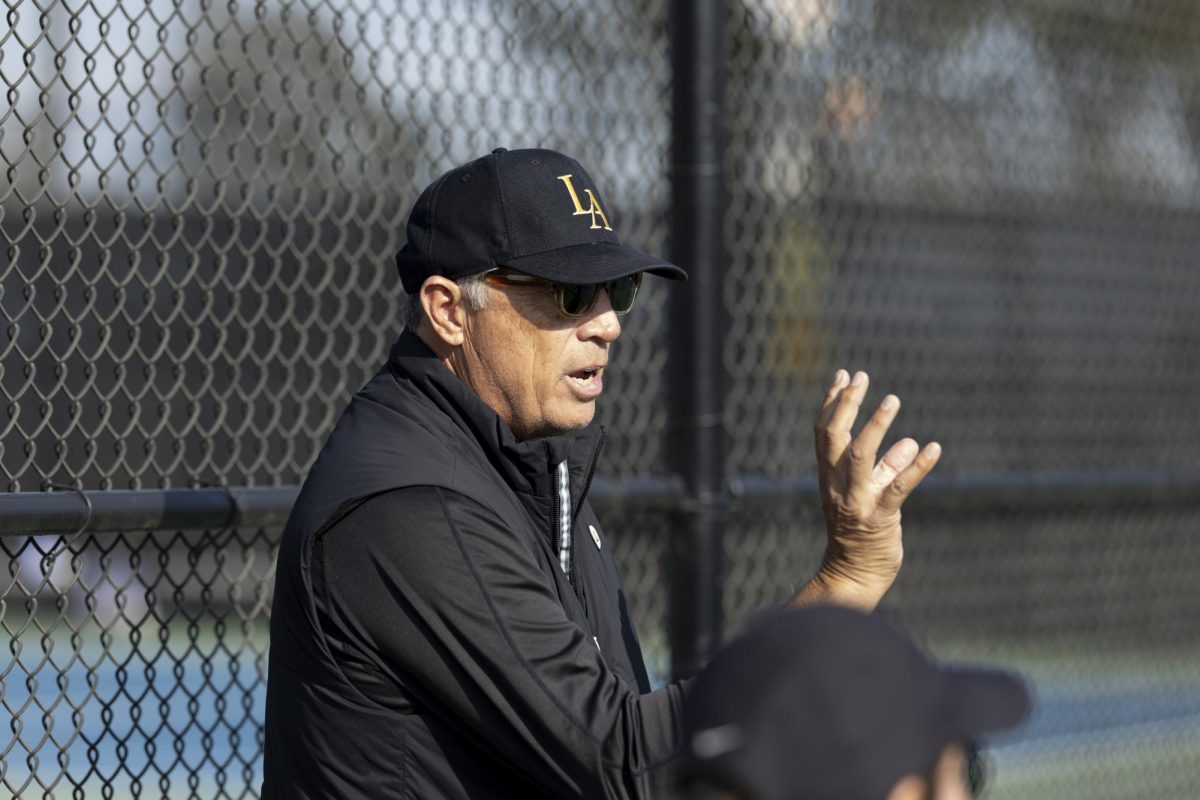
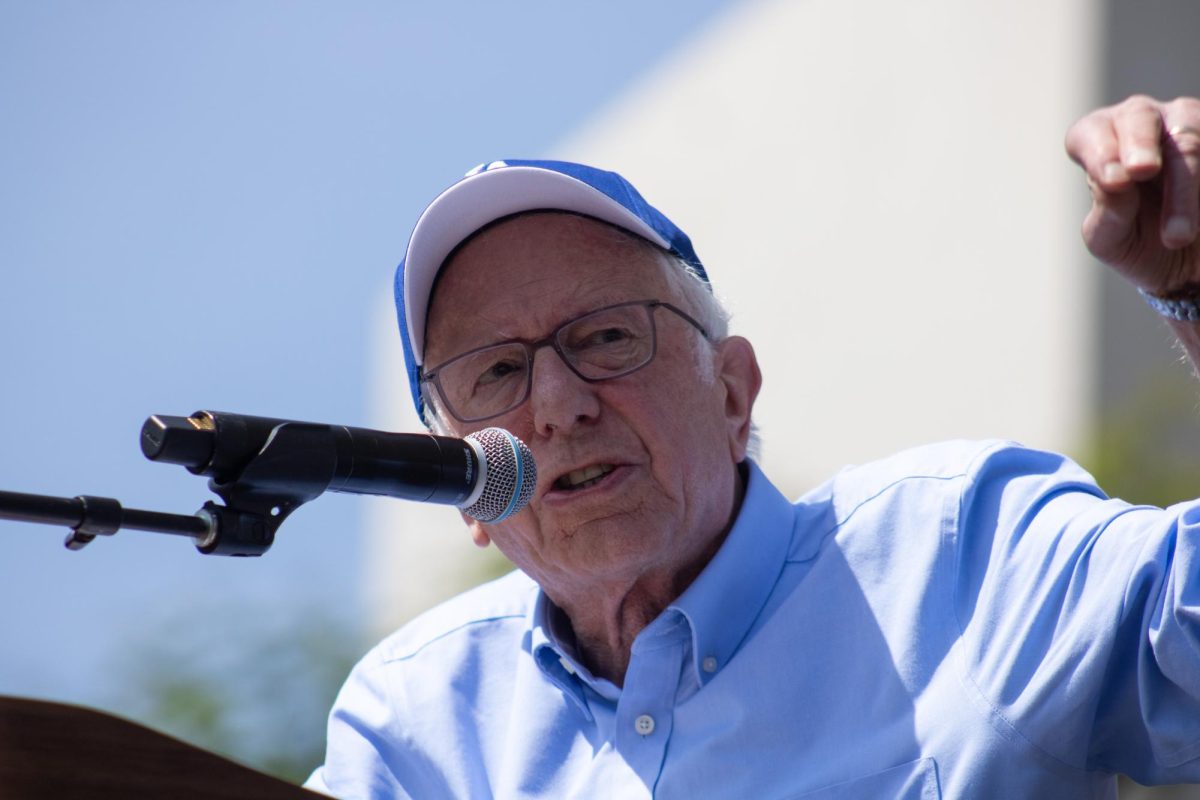
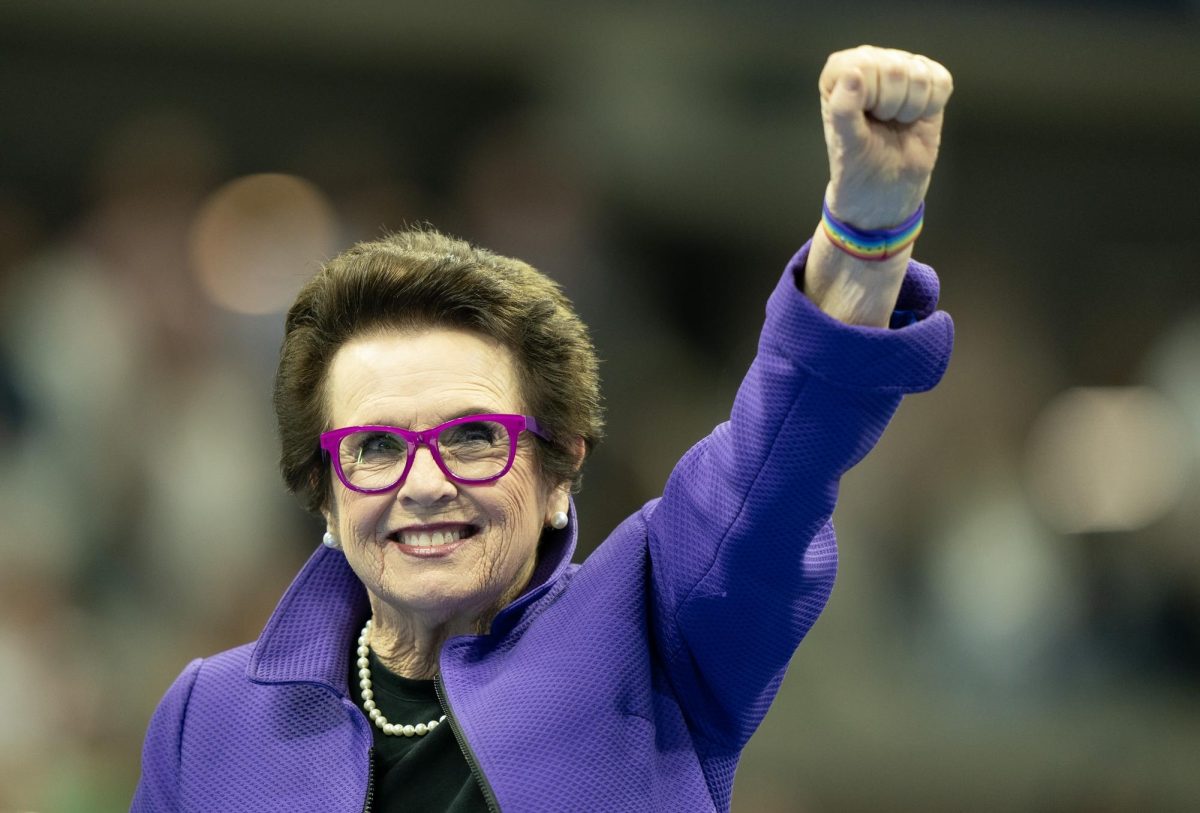


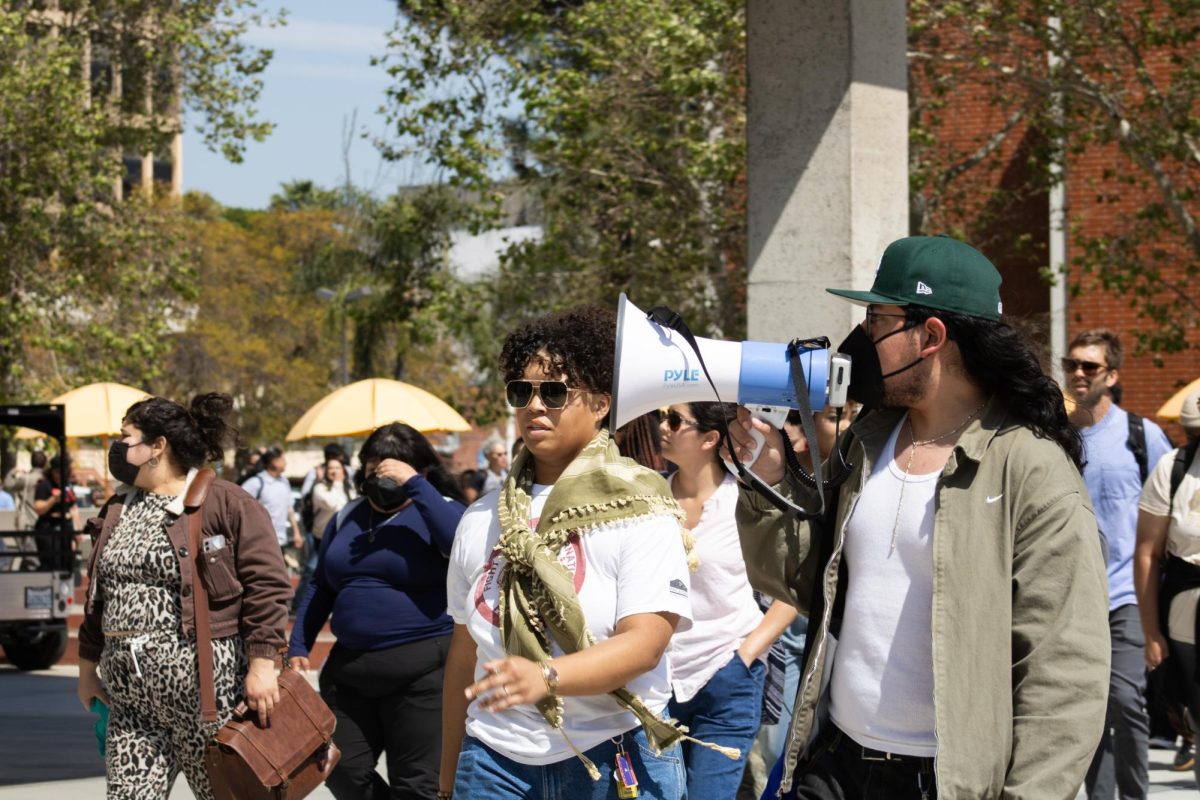

Vincent • Nov 8, 2024 at 8:54 am
What they accuse us of doing is what they do themselves.